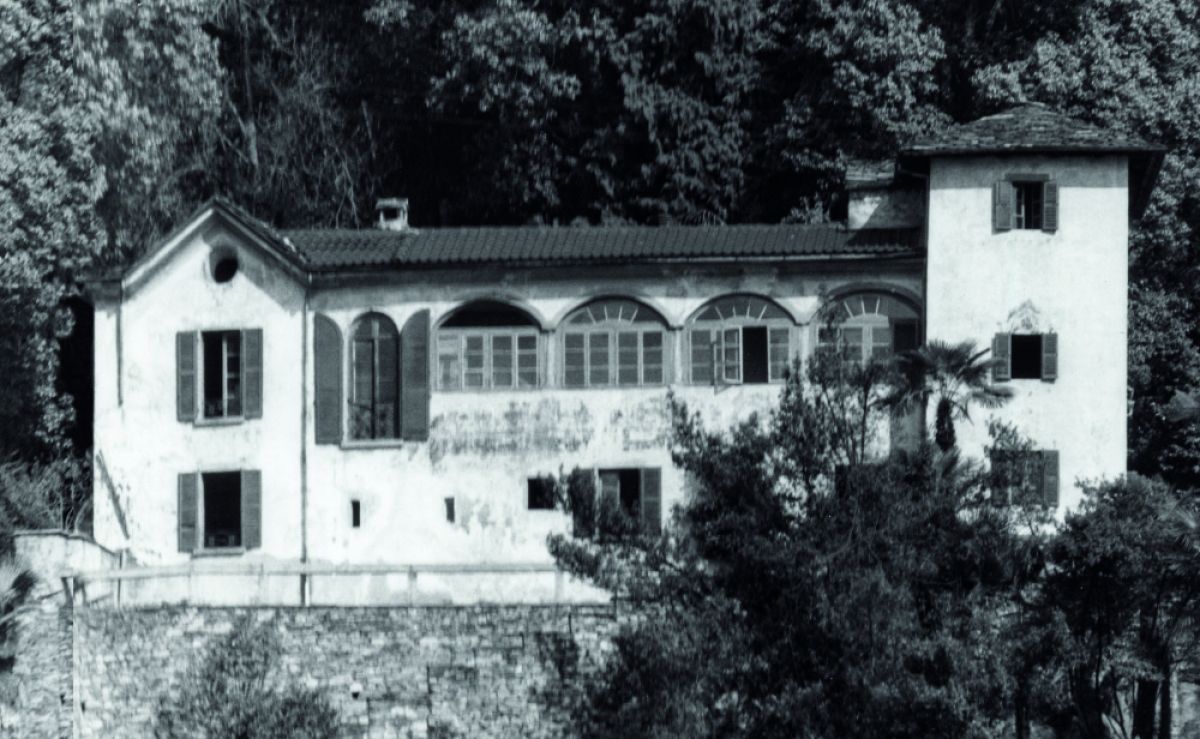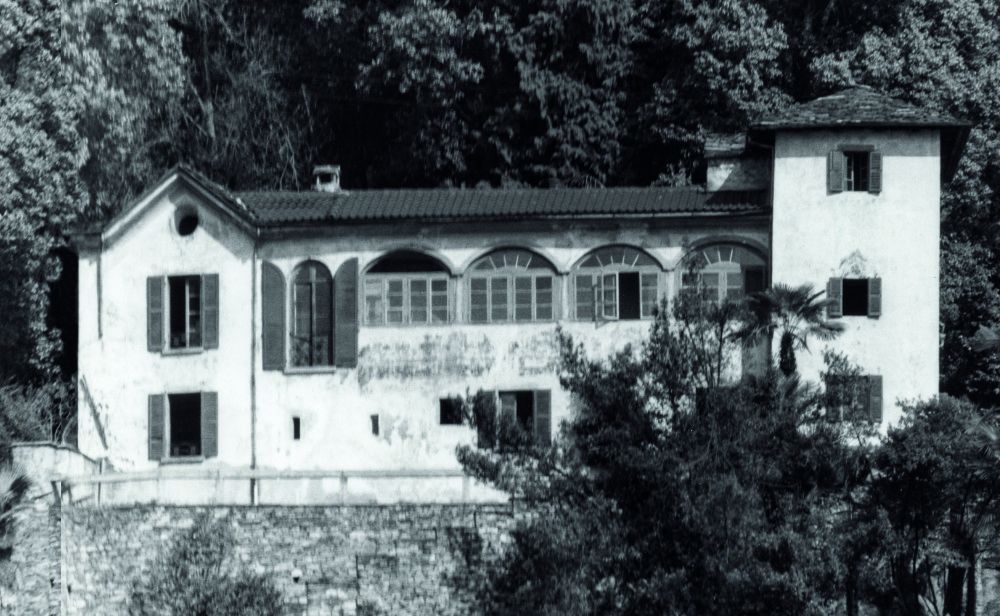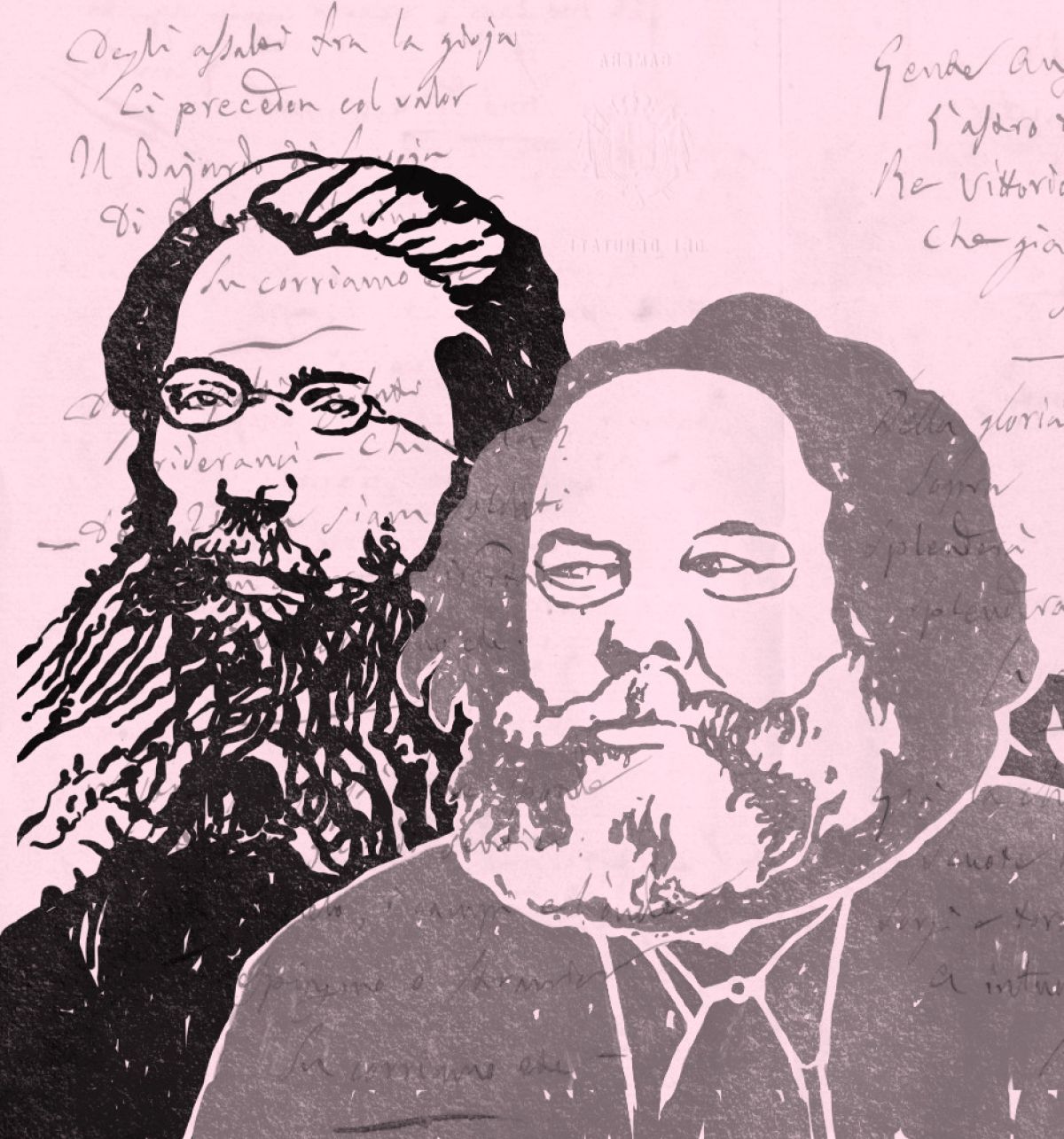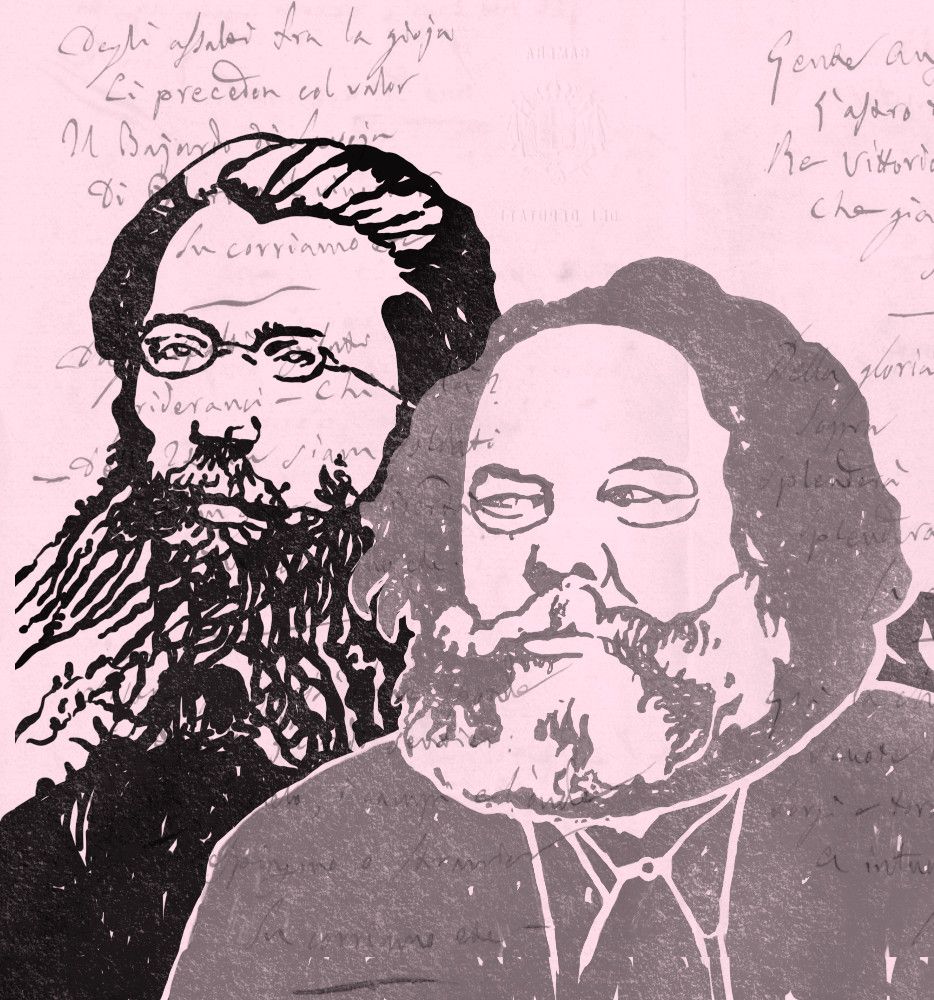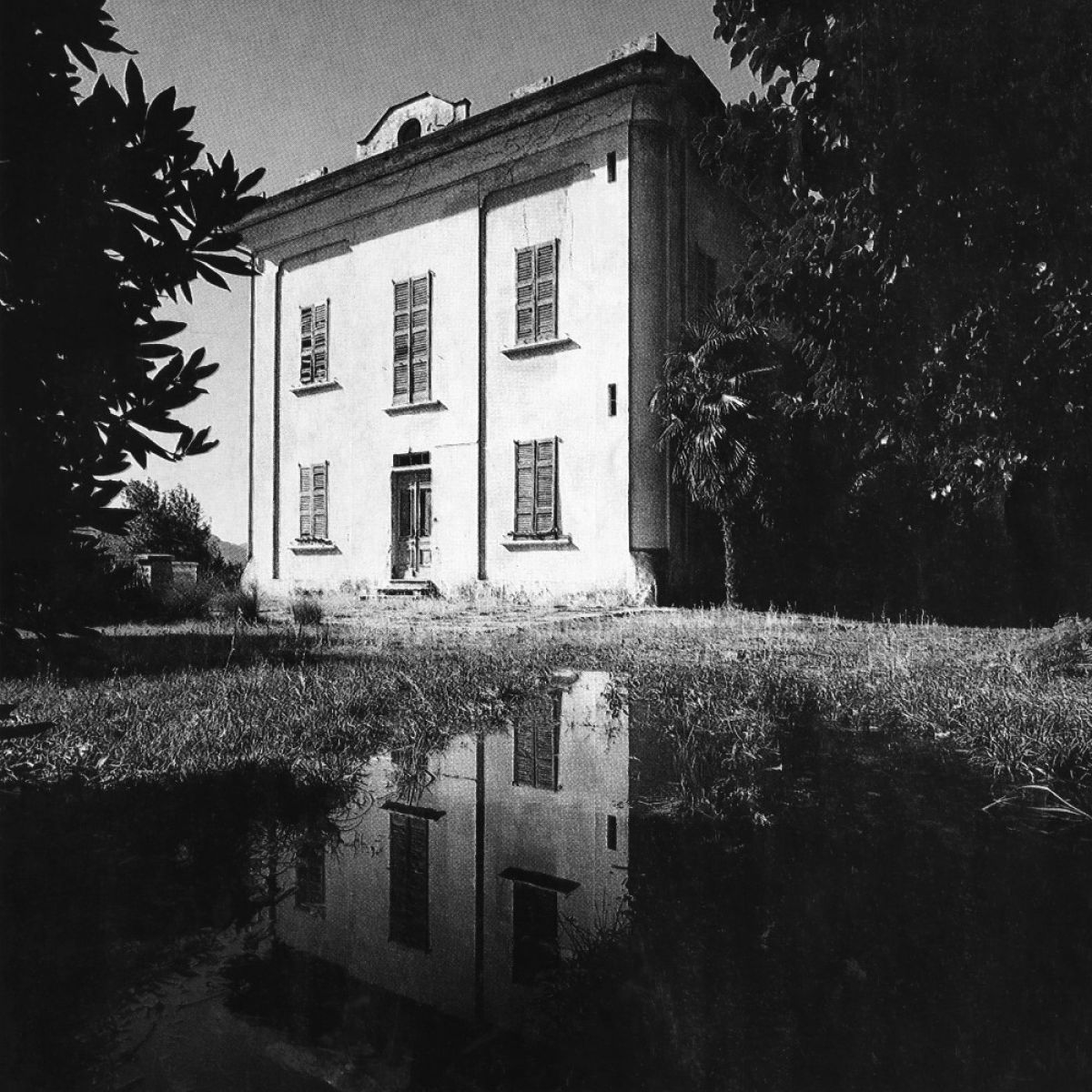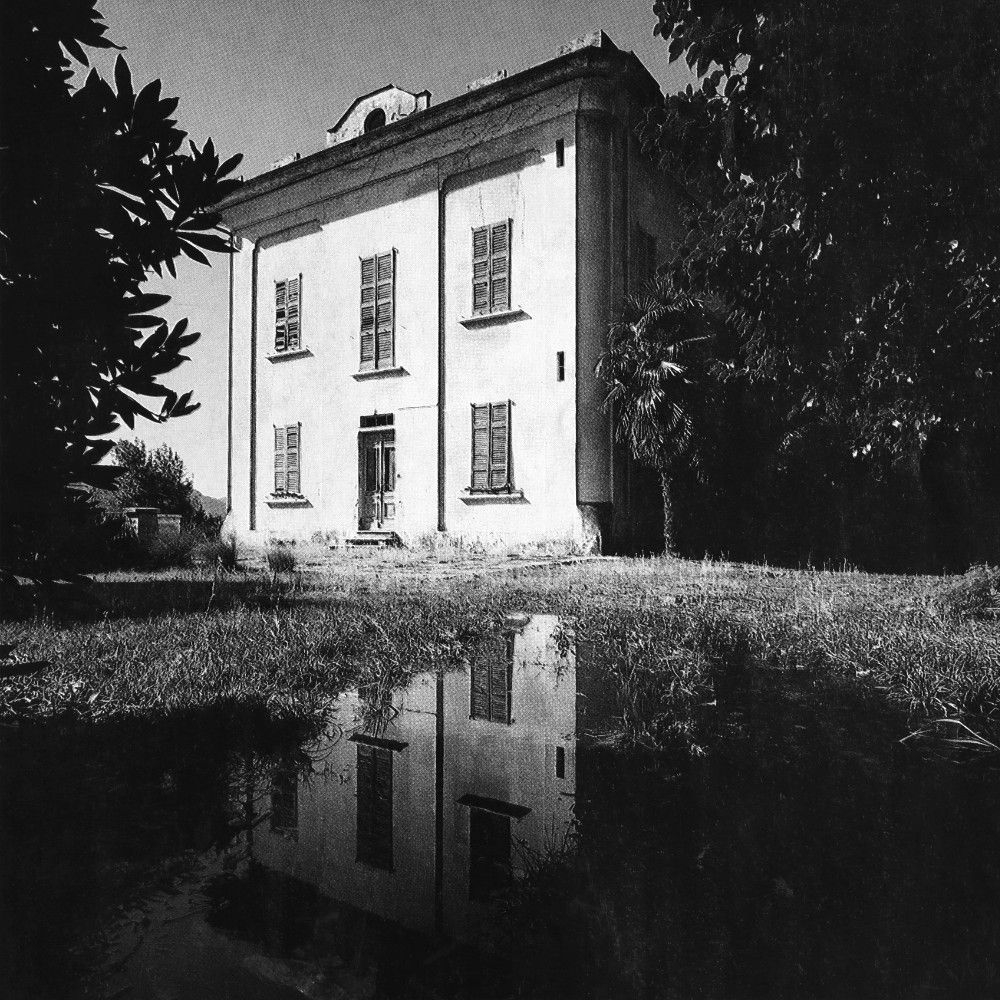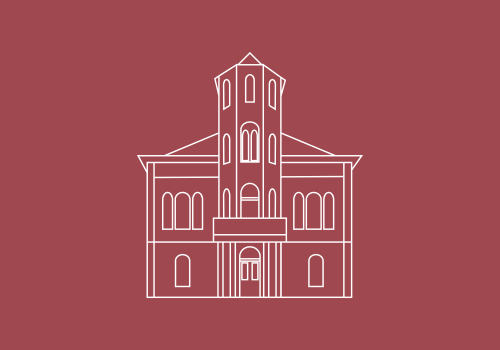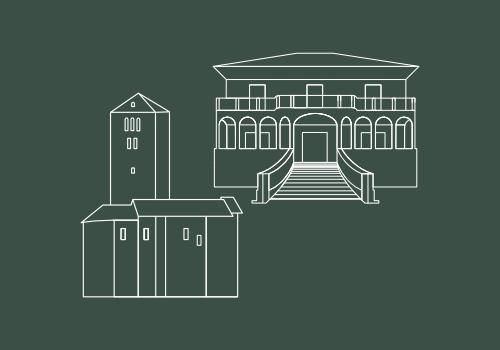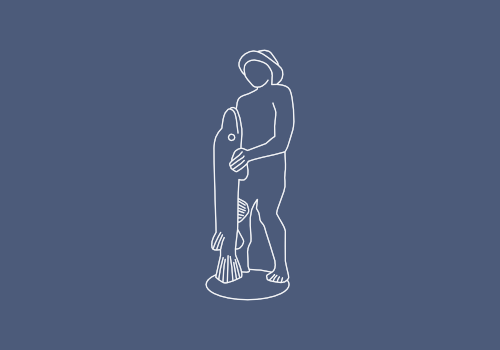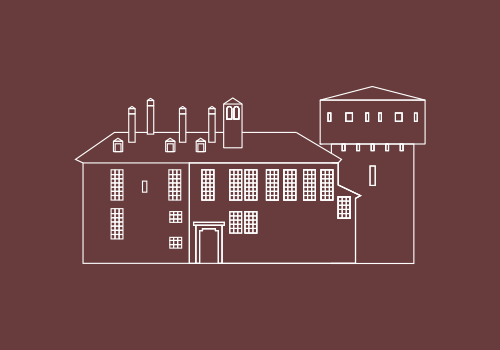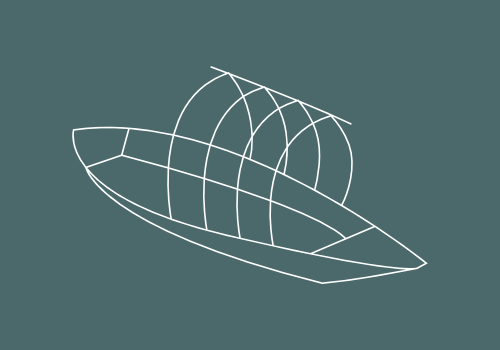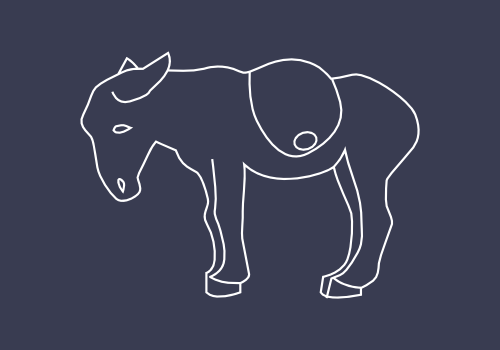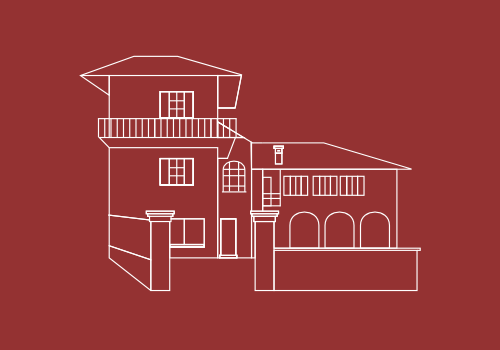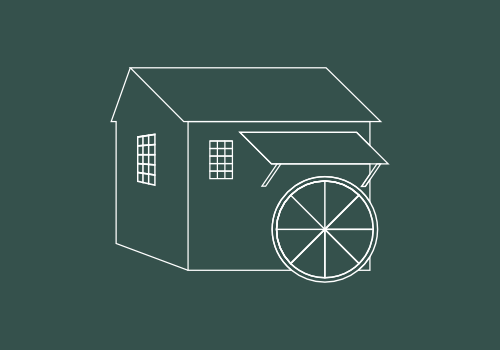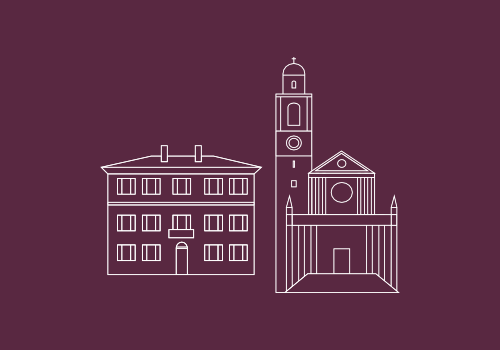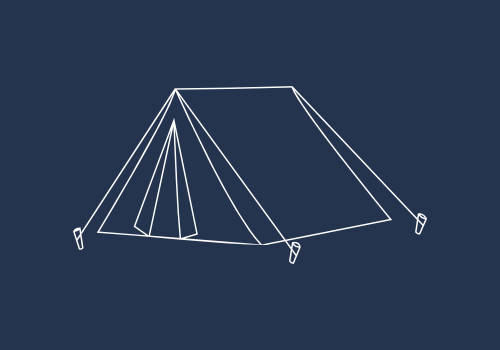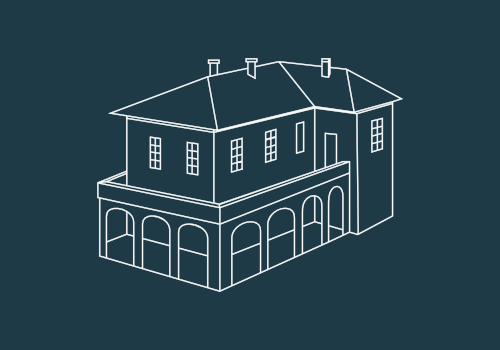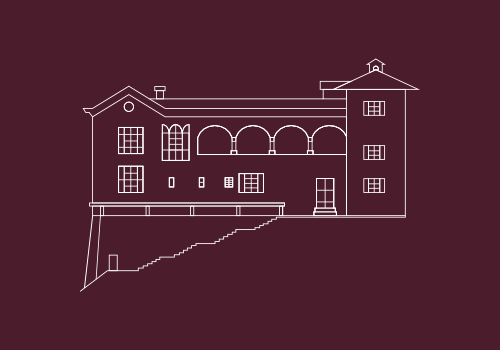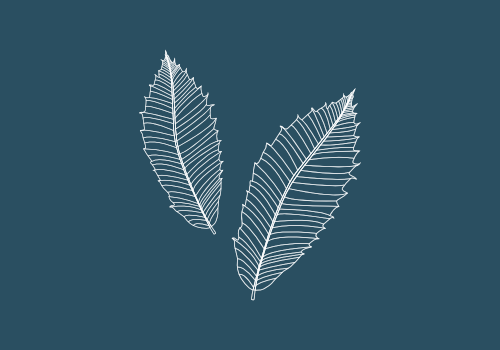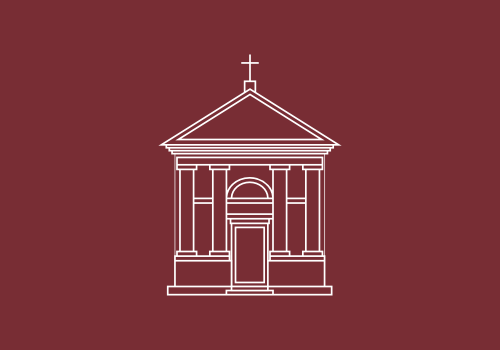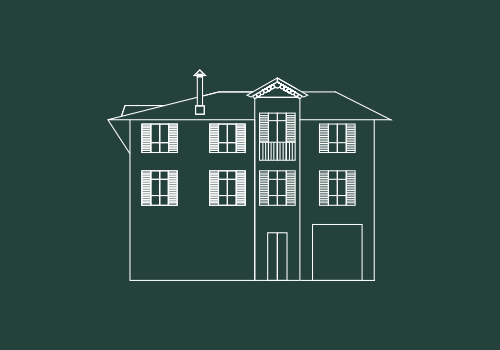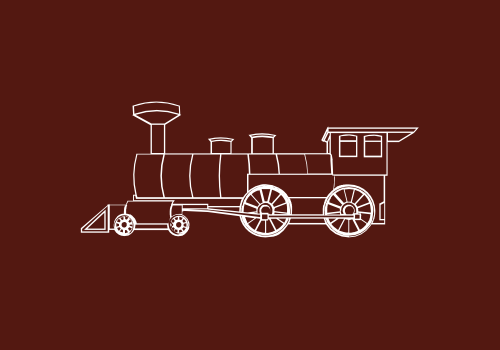Baronata bassa and alta

On the second part of the ‘Roccabella’ trail, two historic villas can be glimpsed behind the wood and the park’s greenery: the ‘Baronata bassa’ (the lower villa) and the ‘Baronata alta’ (the upper villa). They are not open to the public and are under private ownership.
Baronata bassa
From 1600, the building was the summer residence of the Marcacci barons. In 1857, it was bought by Count Paolo Cappello and in 1873 was purchased by the Russian anarchist Michail Bakunin with financial help from Carlo Cafiero. They primarily used it as a family home while plans to set up a farming community never materialised.
Michail Bakuniun and Carlo Cafiero
Bakunin is regarded as one of the founders of modern anarchism. He attempted several times – but always in vain – to propagate his Utopian vision in a Europe in turmoil. Bakunin’s anarchistic philosophy was based on the fight against exploitation, the abolition of government and self-management. A strand of this anarchistic thinking is still present today. A publishing house specialised in anarchist writers is called ‘La Baronata’ and in the 1990s a monument dedicated to anarchism was even proposed: a block of marble was to be submerged in the lake – consistent with the rejection of power.
Baronata alta
It was built in 1873 by the architect Francesco Galli, based on plans by the Russian architect Walerian Mroczowski, for the clients Michail Bakunin and Carlo Cafiero, who considered the ‘Baronata bassa’ villa too modest. Cafiero sold some of his estates to Barletta to fund the construction of the villa intended to accommodate Bakunin and his young wife, Antonia Kwiatkowska. The villa has extensive grounds enriched with subtropical plants.

Walnut (Juglans regia)
Like the chestnut, the English walnut, from the Juglandaceae family, was also grown in our woods. The walnut provided a precious wood for furniture-making and its fruit is tasty and can be used to make oil. The unripe fruit were and still are used to make ‘ratafià’ (nocino). The word ‘ratafià’ comes from ‘rata fiat’ which means ‘done deal’.

